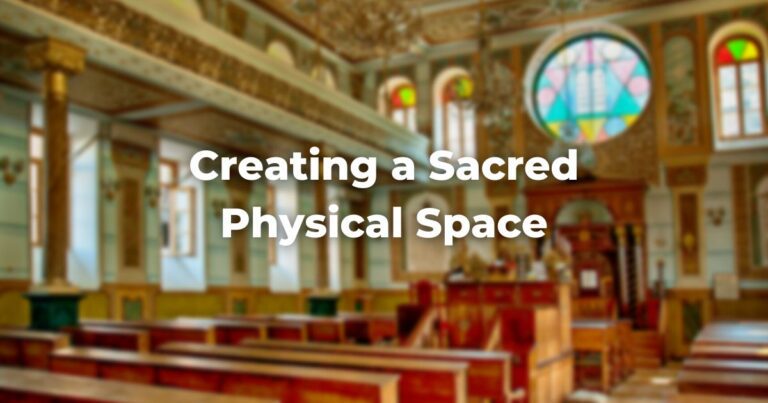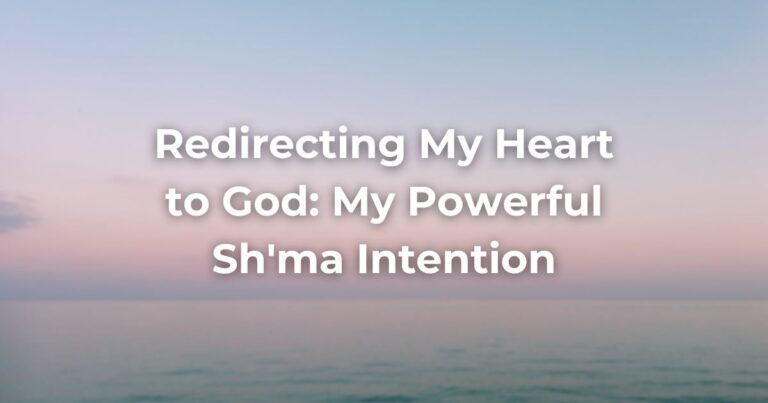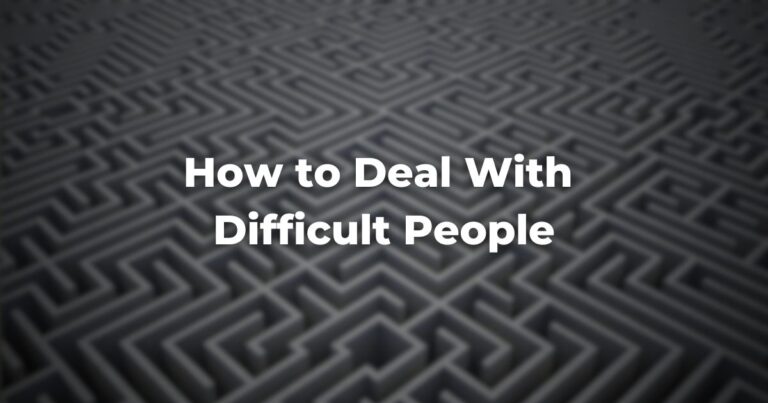As the mahzorim, prayer books, are reshelved and the break-fast dishes washed after reaching the end of Yom Kippur, even rabbis can be forgiven for breathing a sigh of relief. Yet just when we think we’re able to return to our “regular” lives, Judaism insists we pause for one more celebration: Sukkot, zman simhateinu—the season of our joy. This year, we cannot afford to glide past it.
In addition to being one of the three ancient pilgrimage festivals (shloshet ha’regalim), Sukkot is a deeply resonant holiday in this destabilizing moment in Jewish history. It doesn’t take us out of time, the way Yom Kippur does: instead, it provides a ritual guide for uncertainty, a grounding way to begin the year.
Sukkot is epitomized, for the rabbis, by two practices: living in the sukkah, and reading the book of Kohelet, Ecclesiastes. These two rituals are deeply complementary. The sukkah is a tangible reminder of impermanence, while Kohelet is a textual meditation on our impermanence. Together, they invite us to slow down enough to begin the year with a clear intention (kavannah): we are not in control, and acknowledging that lack of control is essential to Jewish spirituality.
The key motif of Kohelet is the Hebrew word hevel (הבל), often translated (following the King James Bible) as “vanity,” but more accurately rendered as “breath” or “transience.” Instead of the negative valence of “vanity,” Jewish tradition has understood this word—and the holiday in which it is liturgically central—to be a starkly pragmatic reflection on the human condition. Kohelet speaks to us from the hard-earned, difficult reflections of someone who sought to amass both material goods and (bookish) wisdom in his life, and his conclusion was that it was all hevel. Not that such pursuits are vain, but that they are ultimately fleeting, gone like the breath that fogs up a window on a cold day.
After exiting Yom Kippur, we can often feel raw. We’ve dug into our own strengths and weaknesses, reflecting on the state of our lives and our core relationships. We are cleansed, ready to start fresh on a new year, armed with our commitment to better action—which is why many have the custom to begin building their sukkah immediately after break-fast. Hammering the sukkah’s frame telegraphs our message: we are ready to act.
In this spiritual mode, Sukkot invites us to linger where Yom Kippur leaves us. Still raw, still determined to begin the year on the right foot, we dive into Sukkot, with its emphasis on both impermanence and hospitality. We build fragile dwellings, we invite neighbors and ancestors (ushpizin) to join us, and we join others in their dwellings. We seek to spend time in as many different sukkot as we can, sharing meals and enjoying what is left of the warm days of (late) summer.
How, though, can we read Kohelet in this time without feeling crushed by its descriptions of our lives? The opening of the book does not exactly strengthen our post–Yom Kippur convictions:
What real value is there for a man
In all the gains he makes beneath the sun?
One generation goes, another comes,
But the earth remains the same forever.
The sun rises, and the sun sets—
And glides back to where it rises. (Ecclesiastes 1:3-5)
At first, we might hear Kohelet expressing a sort of fatalism, or hedonism—since there is no way to effect lasting change in our lives, we might as well eat, drink and be merry! Indeed, Kohelet seems to say just that:
Only this, I have found, is a real good: that one should eat and drink and get pleasure with all the gains he makes under the sun, during the numbered days of life that God has given him; for that is his portion. (Ecclesiastes 5:17)
At the same time, reading this text just after Yom Kippur, we can hear a different message altogether. Kohelet isn’t dismissing the possibility of change: it’s reframing the scope. Yom Kippur is not about starting fresh so that we can take on a new “project,” or building our legacies to hand down to our children—that, in fact, is dangerously close to idolatry. It is about focusing on what truly matters, those relationships that will define our lives.
Kohelet echoes this too:
Then my thoughts turned to all the fortune my hands had built up, to the wealth I had acquired and won—and oh, it was all transient and pursuit of wind; there was no real value under the sun! (Ecclesiastes 2:11)
We are capable of changing the world—but we do so through the interpersonal relationships that are the building blocks of our lives. What better reminder of that than spending a week with those very people, surrounded by flimsy tarps for walls and a “roof” that is open to the elements?
That is the joy the rabbis mean when they refer to Sukkot as zman simhateinu. True joy, as opposed to fleeting happiness, comes from this reorientation towards those people we are fortunate enough to have in our lives.
In a world that itself can feel like a rickety sukkah, in which the “fortune [our] hand[s] had buil[t] up” feels too close to toppling, invite Sukkot into your lives, your guests into your sukkah, and may you experience the joy of which Kohelet spoke.
Author
-

Rabbi Benjamin Barer is a Jewish educator who lives in Northampton, MA with his wife and two children.
View all posts





